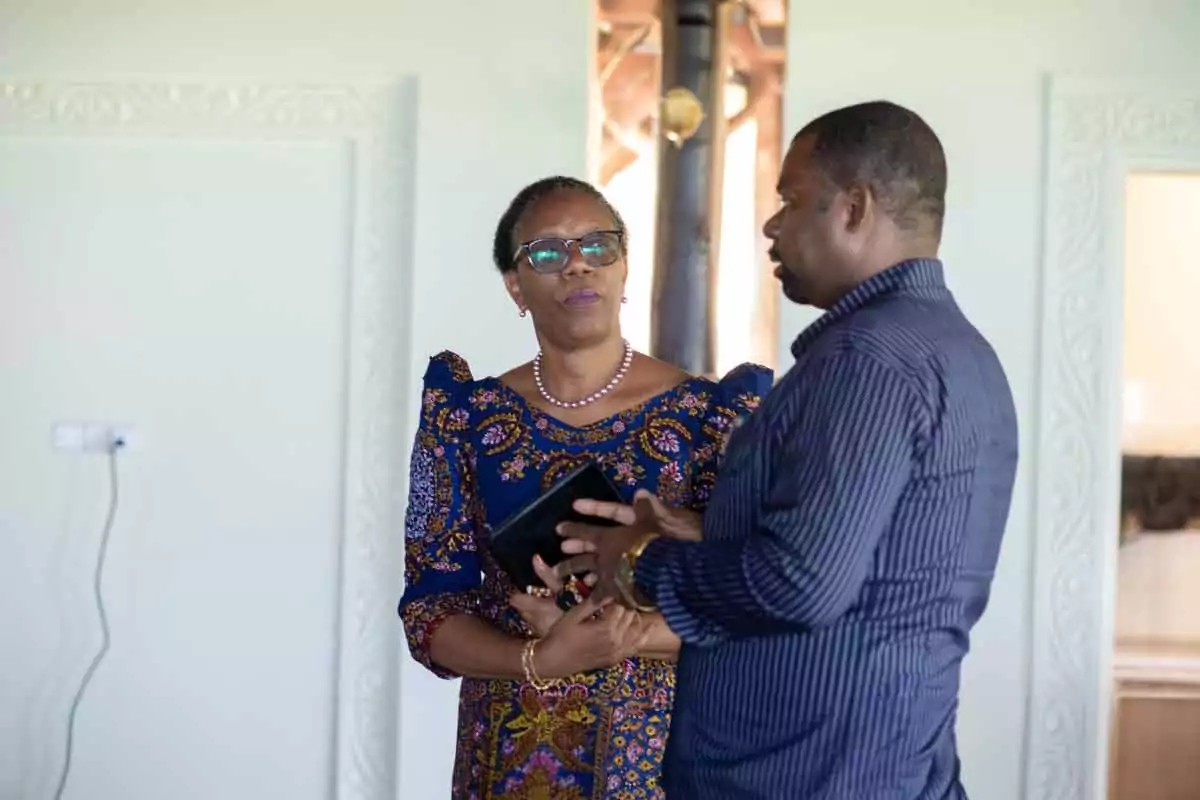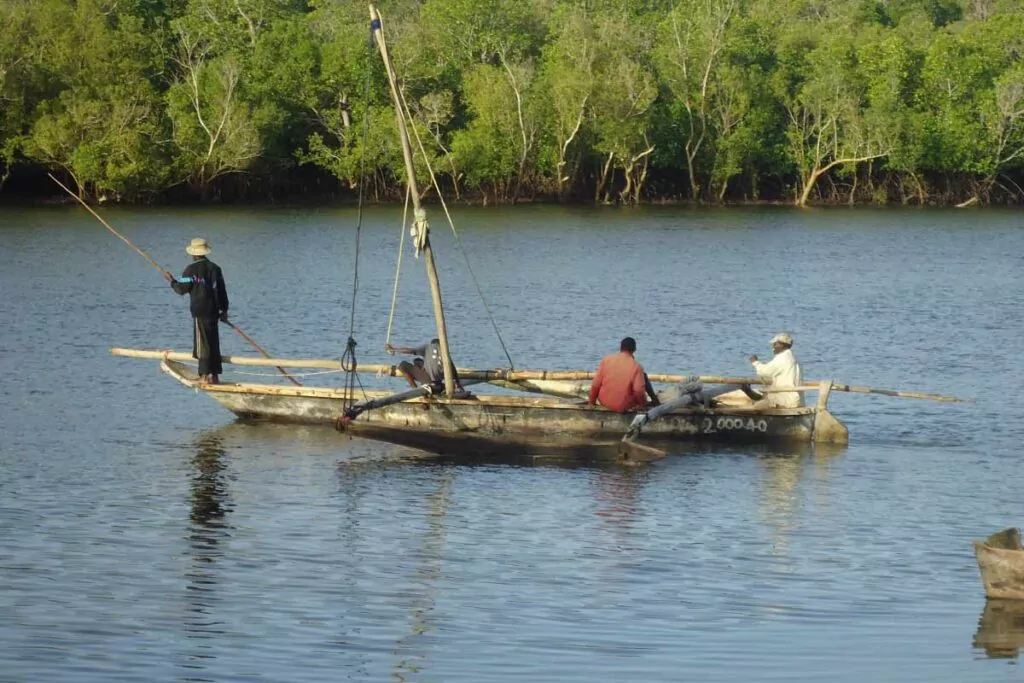… at the interface of marine science and policy.
One of the main pillars of the MeerWissen initiative is stimulating dialogue and the transfer of knowledge between marine researchers and policymakers. While there are still a lot of hurdles to overcome in this process, a team of researchers around Denis B. Karcher recently put out a publication analyzing 25 successful examples (‘bright spots’) of effective knowledge exchange between science and policy. The study shows that factors enabling success are the right actors, processes, support, context, and timing. Situational awareness and the building of relationships with diverse actors and knowledge types is also key.
In the study, the researchers used qualitative surveys to investigate what initiated the bright spots, their goals, and approaches to knowledge exchange. Furthermore, they sought to identify what outcomes and impacts had been achieved, who the enablers of success were, and what lessons could be learned for future knowledge exchange efforts.
When it comes to the right actors, the research shows that interactions between individuals need to be characterized by trust, open-mindedness, and situational awareness. The processes in which science-policy transfer is successful need to be collaborative, including feedback and high research quality as well as flexible and transparent processes that can be updated and refined as needed. Funding needs to be supportive and flexible. As for context, the local community leadership and support through strong organization and governance culture needs to be given. And of course, the right timing, policy window and opportunity needs to arise for successful science-policy uptake, facilitated by persistent and continuous efforts and punctual delivery of results.
Results of the study show that a diversity of approaches was used to achieve a successful science-policy transfer, from consultative engagement to genuine knowledge co-production. The writers underscore that to enable a routinely successful science-policy uptake the way in which scientists are trained needs to be transformed, with a greater focus on interpersonal skills, knowledge exchange activities need to be institutionalized and supported in organizational agendas, broader research impact metrics need to be conceptualized and implemented and funding mechanisms need to be transformed to focus on need-based interventions, impact planning, and an acknowledgement of the required time and effort that underpin knowledge exchange activities.
To read the study and find out more, please go here.
Download Workshop report


